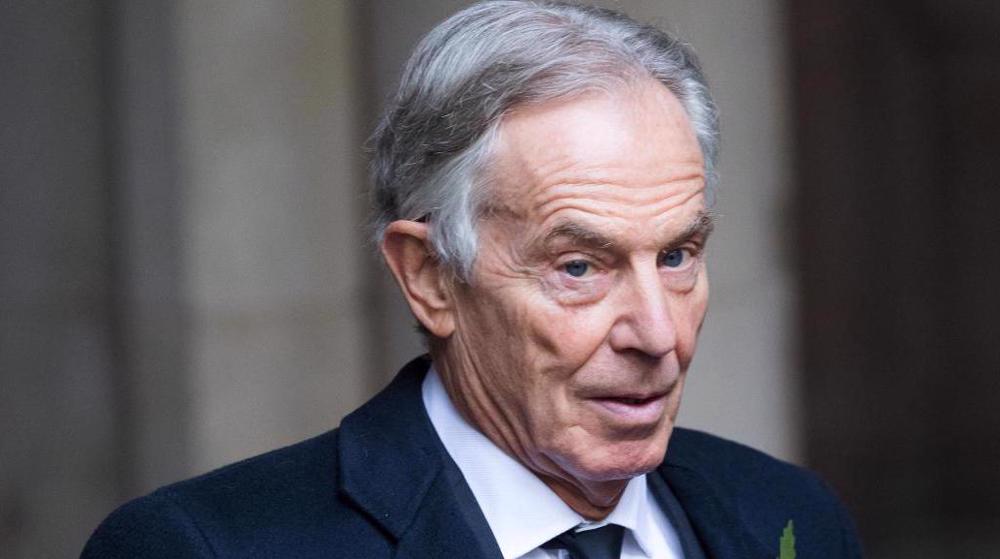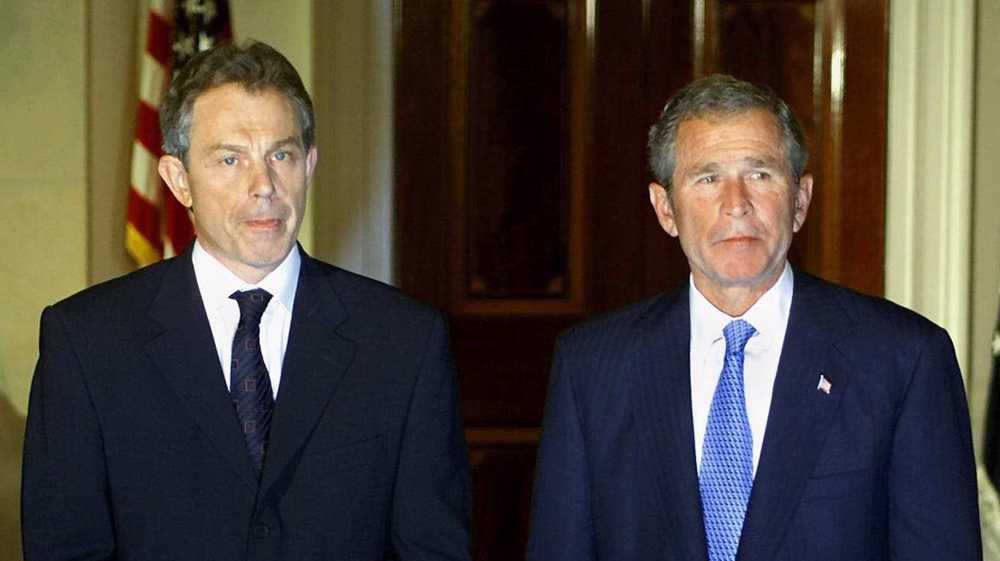UK Conservatives racing to appease Brexiteers despite public mood: Analyst
Politicians in the ruling Conservative Party in Britain are racing to replace Prime Minister Theresa May on a platform of ignoring rising demands in the country that the Brexit referendum should be reversed and the UK should remain part of the bloc, a senior political analyst from London says.
Senior Tory lawmakers like Andrea Leadsom, who resigned a day earlier from May’s cabinet, are showing themselves off as advocates of a hard Brexit in a bid to win the support of party members to become the next prime minister, Rodney Shakespeare said in an interview with the Press TV on Thursday.
“Although at this moment the UK is paralyzed, Andrea Leadsom and other Conservatives are trying to appeal to the hardline Brexit base,” said Shakespeare.
Leadsom, the former leader of the dominant Conservatives in parliament, resigned on Wednesday to depict herself as “hard Brexit person” and “someone who wants to leave the European union without a deal,” Shakespeare said.
Calls for May’s resignation increased on Wednesday after she made a statement to the House of Commons about her new Brexit bill, legislation which she is going to submit to the chamber for a debate early next month.
In a serious blow to May’s already fragile position, Leadsom announced her resignation from the cabinet hours after the statement and said she could no longer support May’s Brexit strategy.
May’s three-time failure to go through the Commons with a Brexit deal she has signed with the EU in November has caused the ruling Tories to lose much of their public support.
Shakespeare said the Conservatives would suffer a crushing defeat in the Thursday European parliament elections.
“Obviously the Conservatives, the ruling party in the UK will be very badly defeated (it will be) be catastrophic for them,” he said.
However, the expert said “the really very important issue” in the EU elections will be the percentage of the population which votes for parties advocating a hard Brexit. Shakespeare said the votes would show that many in Britain want to remain in the EU.
“My estimate is that that percentage will be between 36 and 40 which means that up to 60 percent or possibly a little more will be voting to remain,” he said.
“The overall reality is that perhaps sooner than you might expect, the realities of UK life, and namely that there is an increasing majority to remain in the EU, will become apparent.”
'Powerful strike': IRGC hits US destroyer with ballistic, strategic cruise missiles in Indian Ocean
IRGC: 16th wave of retaliation hit heart of occupied territories; enemy casualties stand at 680
We avenge the innocent until our last breath: Iran's parl. speaker
170 students, teachers martyred in ‘deliberate’ strikes on Iranian schools: Minister
Iran’s air defense systems down six advanced Hermes drones
US defenses overwhelmed by Iran’s drone and missile barrages: WSJ
IRGC says second US THAAD anti-missile unit destroyed
CNN journalists abducted by Israel while reporting on damage from Iranian strikes













 This makes it easy to access the Press TV website
This makes it easy to access the Press TV website